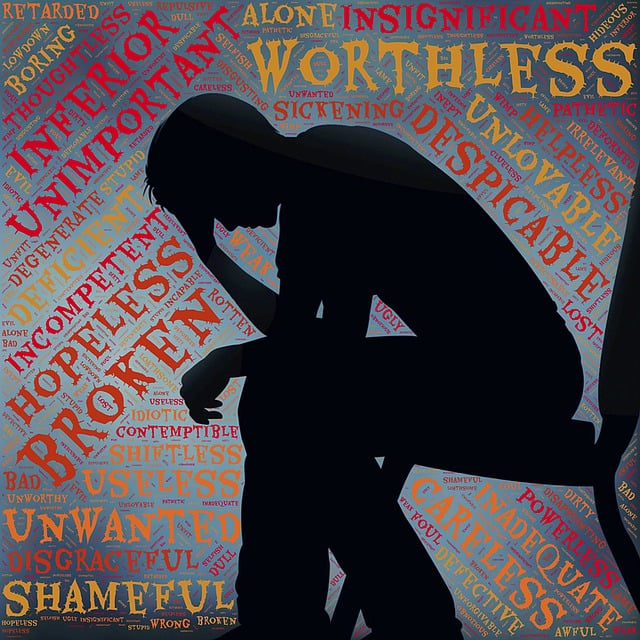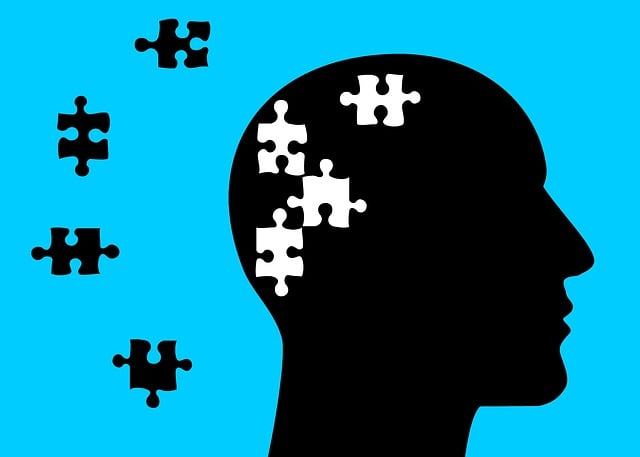Mental wellness in blended families is crucial, often overlooked, but addressed by programs like Superior Blended Families Therapy (SBFT). SBFT offers tailored coaching, recognizing unique family dynamics and cultural backgrounds. Using CBT, mindfulness, and culturally sensitive practices, SBFT builds inner strength, improves communication, and resolves conflicts. Combining in-person and online sessions, it enhances accessibility. Success is measured through KPIs like client satisfaction and emotional well-being improvement, ensuring the program positively impacts blended families' resilience and life satisfaction.
Mental wellness coaching programs are evolving to meet the diverse needs of modern families. This article delves into the critical aspect of mental health within family dynamics, highlighting its profound impact on overall well-being. We explore the growing demand for tailored coaching solutions and present a framework for Superior Blended Families Therapy. Through this, we aim to guide readers on designing comprehensive programs that address unique familial challenges, offering practical strategies for successful implementation and measurement.
- Understanding Mental Wellness and its Significance in Family Dynamics
- Unveiling the Need for Customized Coaching Programs
- Designing a Comprehensive Blended Families Therapy Framework
- Implementing and Measuring Success: Strategies for Effective Delivery
Understanding Mental Wellness and its Significance in Family Dynamics

Mental wellness is a cornerstone of overall well-being, encompassing emotional, psychological, and social health. When one family member struggles with mental health issues, it can significantly impact the entire dynamics of the household. Superior Blended Families Therapy recognizes this intricate interplay between mental wellness and family relationships.
In today’s fast-paced world, where stress management has become a paramount concern, understanding mental wellness is more crucial than ever. Effective Mental Health Education Programs Design within families can foster open communication, promote resilience, and enhance coping strategies for all members. By addressing mental wellness proactively, these programs aim to create supportive environments that strengthen family bonds and improve overall emotional well-being.
Unveiling the Need for Customized Coaching Programs

In today’s fast-paced world, mental wellness is a vital aspect often overlooked within diverse communities, particularly among blended families. Traditional one-size-fits-all approaches to therapy and coaching may not adequately address the unique challenges faced by these families, where step-parents, children from previous relationships, and new partners navigate complex dynamics. Unveiling the need for customized coaching programs is essential in recognizing that each family’s journey is distinct, shaped by individual experiences, cultural backgrounds, and personal beliefs.
Superior Blended Families Therapy aims to revolutionize support systems by offering tailored interventions. By focusing on Inner Strength Development, these programs empower individuals within the family unit to manage their moods effectively and build resilience. Through carefully designed strategies, families can learn to navigate conflicts, foster open communication, and create a supportive environment, ensuring everyone’s mental wellness is prioritized. Customized coaching becomes a game-changer, enabling each member to thrive in their unique blend of relationships.
Designing a Comprehensive Blended Families Therapy Framework

Designing a comprehensive blended families therapy framework is paramount for effective mental wellness coaching programs. A Superior Blended Families Therapy (SBFT) model should integrate diverse therapeutic approaches tailored to the unique needs of blended families, addressing challenges such as step-parent dynamics, sibling relationships, and blending cultural backgrounds. This holistic approach involves both individual and family sessions, utilizing evidence-based techniques like cognitive-behavioral therapy (CBT) and mindfulness practices alongside culturally sensitive strategies.
Mental Health Education Programs Design play a crucial role in SBFT by equipping families with knowledge about emotional regulation, communication skills, and conflict resolution strategies. Incorporating Trauma Support Services is also essential, given that many blended families may harbor unhealed wounds from past experiences. Cultural Sensitivity in Mental Healthcare Practice ensures that the framework respects and values the diverse cultural backgrounds of family members, fostering an inclusive environment where every individual feels seen and heard.
Implementing and Measuring Success: Strategies for Effective Delivery

Implementing and Measuring Success is a critical aspect of developing Mental Wellness Coaching programs. To ensure effectiveness, a blend of traditional and innovative techniques should be employed. Superior Blended Families Therapy, for instance, combines in-person sessions with online platforms to cater to diverse needs and preferences, enhancing accessibility and engagement. This approach not only accommodates individuals with busy schedules but also allows for more personalized interactions and continuous support.
Measuring success involves tracking key performance indicators (KPIs) such as client satisfaction, improvement in emotional well-being promotion techniques, and reduction in symptoms associated with depression prevention and burnout. Regular assessments and feedback sessions are essential to gauge the program’s impact. By integrating these strategies, mental wellness coaching can evolve into a dynamic and impactful tool for fostering resilience and overall life satisfaction.
Mental wellness coaching programs, tailored through a comprehensive blended families therapy framework, are essential tools in addressing the unique challenges of modern family dynamics. By combining personalized strategies with effective delivery methods, we can significantly enhance mental health outcomes. Implementing these programs requires a thoughtful blend of traditional and digital approaches, ensuring accessibility and engagement. Ultimately, a Superior Blended Families Therapy model not only supports individuals but also strengthens family bonds, fostering healthier, happier homes.












